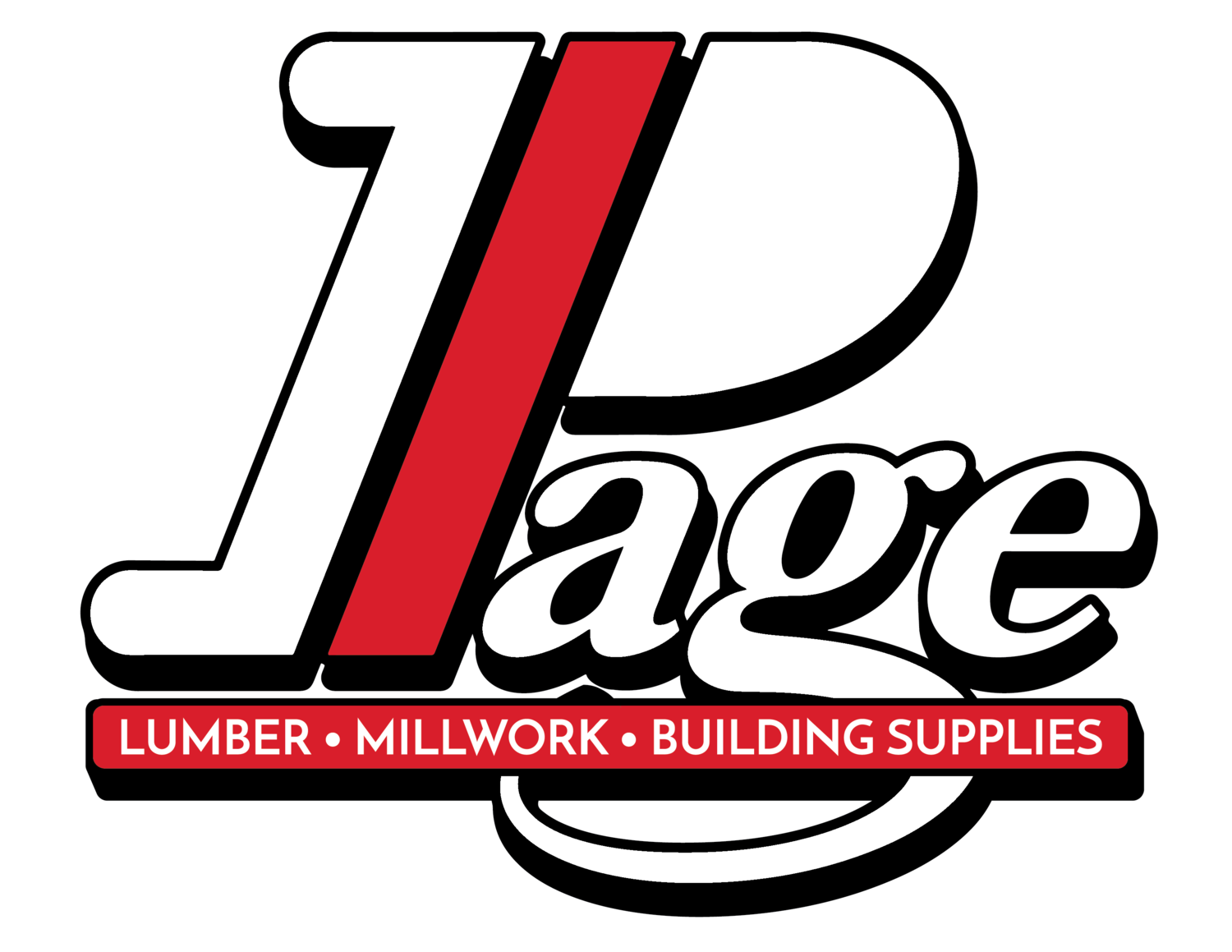The Pros and Cons of Different Kitchen Countertop Materials
The Pros and Cons of Different Kitchen Countertop Materials
When it comes to designing your dream kitchen, choosing the right countertop material is a crucial decision. With a multitude of options available, each with its unique characteristics and advantages, it can be overwhelming to determine which one is best suited for your needs. In this article, we will explore the pros and cons of different kitchen countertop materials, helping you make an informed choice that balances style, durability, maintenance, and budget.
1. Granite: The Timeless Beauty
The Beauty of Granite
Granite countertops have long been cherished for their natural beauty and timeless appeal. With their unique veining and variations in color, granite slabs can add an elegant and luxurious touch to any kitchen. No two granite countertops are exactly alike, making them a statement piece that adds character and sophistication to your space.
Durability and Heat Resistance
One of the standout advantages of granite is its exceptional durability. It is a hard and dense material that can withstand heavy daily use without showing signs of wear and tear. Granite is also highly resistant to heat, making it an ideal choice for avid cooks and those who frequently place hot pots and pans directly on the countertop.
Maintenance and Sealing
While granite is durable, it does require regular maintenance to keep it looking its best. It is a porous material that can absorb liquids and stains if not properly sealed. Periodic sealing is necessary to protect the surface and ensure its longevity. Additionally, routine cleaning with mild soap and water is recommended to prevent the buildup of grime and maintain the natural beauty of the stone.
2. Quartz: The Engineered Marvel
Consistency and Versatility
Quartz countertops, also known as engineered stone, offer a blend of beauty and practicality. Made from natural quartz crystals mixed with resin and pigments, quartz countertops provide a consistent and uniform appearance. They are available in a wide range of colors and patterns, allowing for versatile design options that can match any kitchen style.
Stain and Scratch Resistance
One of the significant advantages of quartz is its non-porous nature. Unlike natural stones, quartz is resistant to stains, as it does not absorb liquids. This makes it an excellent choice for kitchens where spills are common. Quartz is also highly resistant to scratches, making it an ideal surface for meal preparation and cooking.
Limited Heat Resistance
While quartz is generally durable, it is important to note that it is not as heat resistant as granite. Placing hot pans directly on quartz countertops can lead to discoloration and thermal shock. It is advisable to use trivets or heat-resistant pads to protect the surface from direct heat.
3. Marble: The Elegant Classic
Timeless Elegance
Marble countertops have long been associated with elegance and luxury. The natural beauty of marble, characterized by its unique veining and smooth texture, adds a touch of sophistication to any kitchen. It is a favorite choice for those seeking a timeless and refined aesthetic.
Cool and Ideal for Baking
Marble has a natural ability to remain cool, making it an excellent surface for baking and pastry preparation. Its temperature retention properties are favored by chefs and avid bakers who appreciate the cold surface for working with dough and other temperature-sensitive ingredients.
Prone to Stains and Etching
Despite its undeniable beauty, marble does come with some drawbacks. It is a porous stone and therefore susceptible to staining from acidic substances like citrus juices, wine, or vinegar. Additionally, marble is prone to etching, which is the dulling or loss of shine caused by acidic reactions. Regular sealing and careful maintenance are necessary to protect the surface and preserve its appearance.
Choosing the right kitchen countertop material requires careful consideration of various factors. Granite offers timeless beauty and exceptional durability but requires regular maintenance. Quartz provides consistency, versatility, and resistance to stains and scratches, while having limited heat resistance. Marble exudes elegance and remains cool, perfect for baking, but is prone to staining and etching. By understanding the pros and cons of different materials, you can select the countertop that aligns with your style preferences, lifestyle, and maintenance requirements. Remember, your countertop choice will not only enhance the visual appeal of your kitchen but also impact its functionality and longevity.
